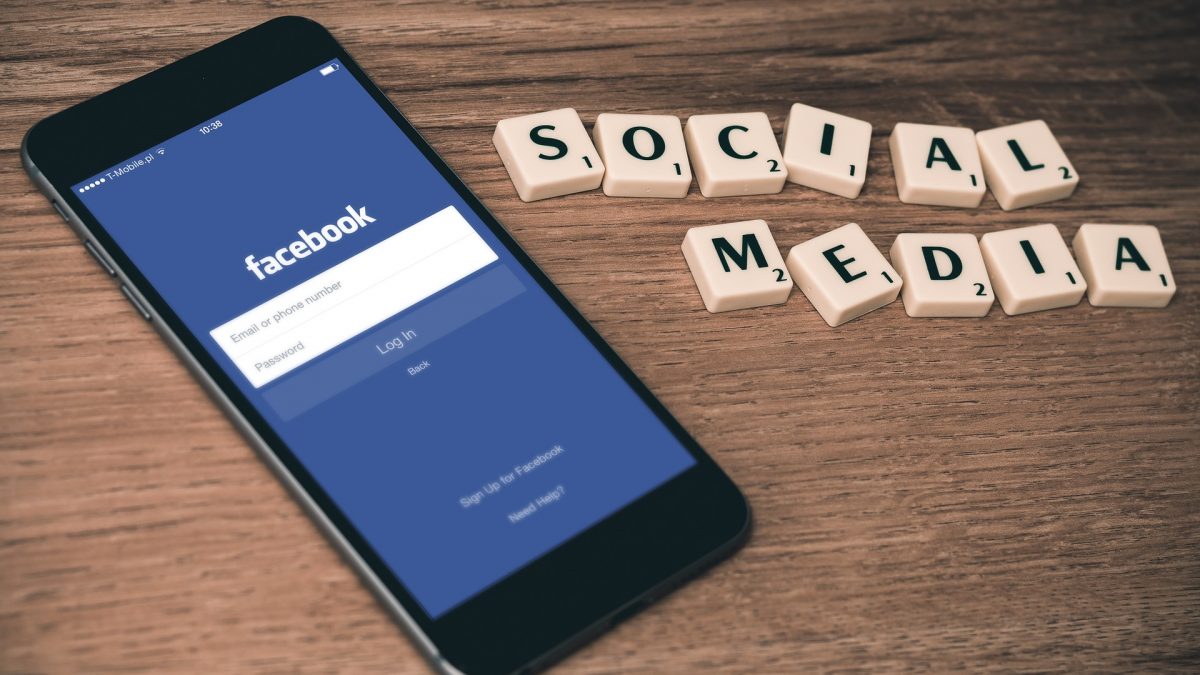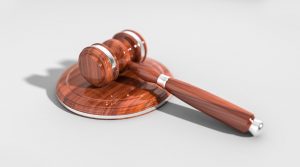
Facebook v/s Supreme Court of India
Social network sites have become a major part of our daily lives, whether we like it or not. With the advancement in technology and networking, social media has made it easier for people/clients to communicate and share information or data globally. Our reliance on digital media platforms has gone to the point that they’re now an indispensable part of our lives. But as most things go, it also has a downside to it. In addition to people using social networks for education, business or advertisements, various illegal activities are also carried out through these platforms. Social media in recent days has ironically become a tool for manipulation and spreading misinformation. Most political/religious activists and hate mongers take to such platforms sharing disinformation and propaganda (which can be either correct or false) for the sole purpose of gaining influence. As social platforms have an influence on the mind-set and are accessed by almost everyone, the spike in the propaganda graph has increased drastically. The Boston Attacks of 2013 is one such example where a social media platform, Twitter, was used to spread fake information in order to achieve mass panic and fear. Another example of misuse of a virtual platform in recent times is when Facebook was used to spread communal hatred based on caste and religion, which ultimately led to the devastating Delhi Riots in 2020.
The Supreme Court of India recently announced that digital platforms and social media sites like Facebook wield exceptional power. They have the ability to control and sway people’s opinions, and have to be accountable. The Legislative Assembly of Delhi along with its committee have the jurisdiction to compel the attendance of non-members as well as members.

Vice President and MD of Facebook India, Ajit Mohan filed a plea which was dismissed as the court said that entities such as Facebook have over 260 million users in India itself and they should feel accountable to the masses who put them in a position of responsibility and power. Facebook challenged the summons that were issued by Delhi Assembly’s Peace and Harmony Committee after high ups from Facebook failed to show up to court as witnesses in connection to last year’s northeast Delhi riots. It was mentioned that Delhi Assembly’s legislative domain doesn’t cover law and order, but the bigger concept of harmony and peace goes far beyond that.
Representatives of Facebook Can Refuse to Answer
In any case, the representatives of Facebook have the right to refuse to answer questions involving these two fields. Justice Kaul clearly emphasised that Facebook’s representatives can refuse to answer questions involving these two fields. But he also went on to say that- by playing a crucial role, Facebook has enabled freedom of expression for disturbing individuals, ideologies and messages by providing a means to escape state censorship.
Justice Hrishikesh Roy and Dinesh Maheshwari who were also at the bench, said that members as well as non-members could be equally asked to stand before the court and testify under oath. Hence, as of February 2021, Facebook is bound to appear in court and will not be excused under the summons issued. The 188-page verdict directly mentioned:
- Any official member of Facebook can refuse the right to answer any query.
- Digital platforms like Facebook cannot turn face and excuse its involvement in influencing millions of people.
If Summons Don’t Work Then More Severe Measures Must Be Used
Some key takeaways:
- On social media platforms entities are not regulated as and when they arrive or depart. Facebook influences masses across borders. Talking just about India, Facebook has over 260 million users. This huge power must contain some sort of responsibility. Platforms like Facebook must be accountable to the people who hand them this kind of power.
- The court mentioned that this was a petition made prematurely based on the fact that just a summons was issued and privileged powers would come with more severe measures. The bench added, since the case has a preventive intent, the petitioner will prevent the use of their respondent’s privilege that they may exercise by asking the court to intervene at a preliminary stage.
- The court further stated that petitioners often resort sidestepping from the responsibility of appearing before the Committee. This is usually based on a supposed notion that they will not be recognized as official representatives. It was clarified that the court would not accept such a stance.
Facebook Is Not a Platform Sharing Third Party Information
The court refuted the arguments placed by Facebook when they said that they were being forcibly dragged in a State v/s Centre political issue. The court went on to mention that, as a platform where such political differences are exchanged and this being their business, cannot be allowed to evade responsibility. Their role is way more serious than that.
It was mentioned that the values of a democracy are now in jeopardy due to excessive manipulation practiced on these platforms. Facebook right now has over 260 million users in India. Such a reach cannot come at the cost of responsibility. Platforms like Facebook have become power juggernauts and have the ability to influence millions of people over a vast section of opinions.
Due to such factors, it was frowned upon when Facebook took the easier, simpler way by saying that they merely provided a platform to people, where information from third party sources are posted, and claimed that they do not play a role in controlling, generating or modulating said information.
